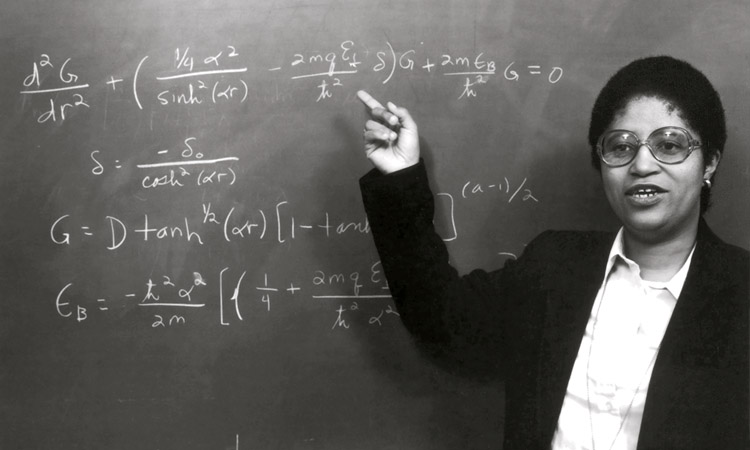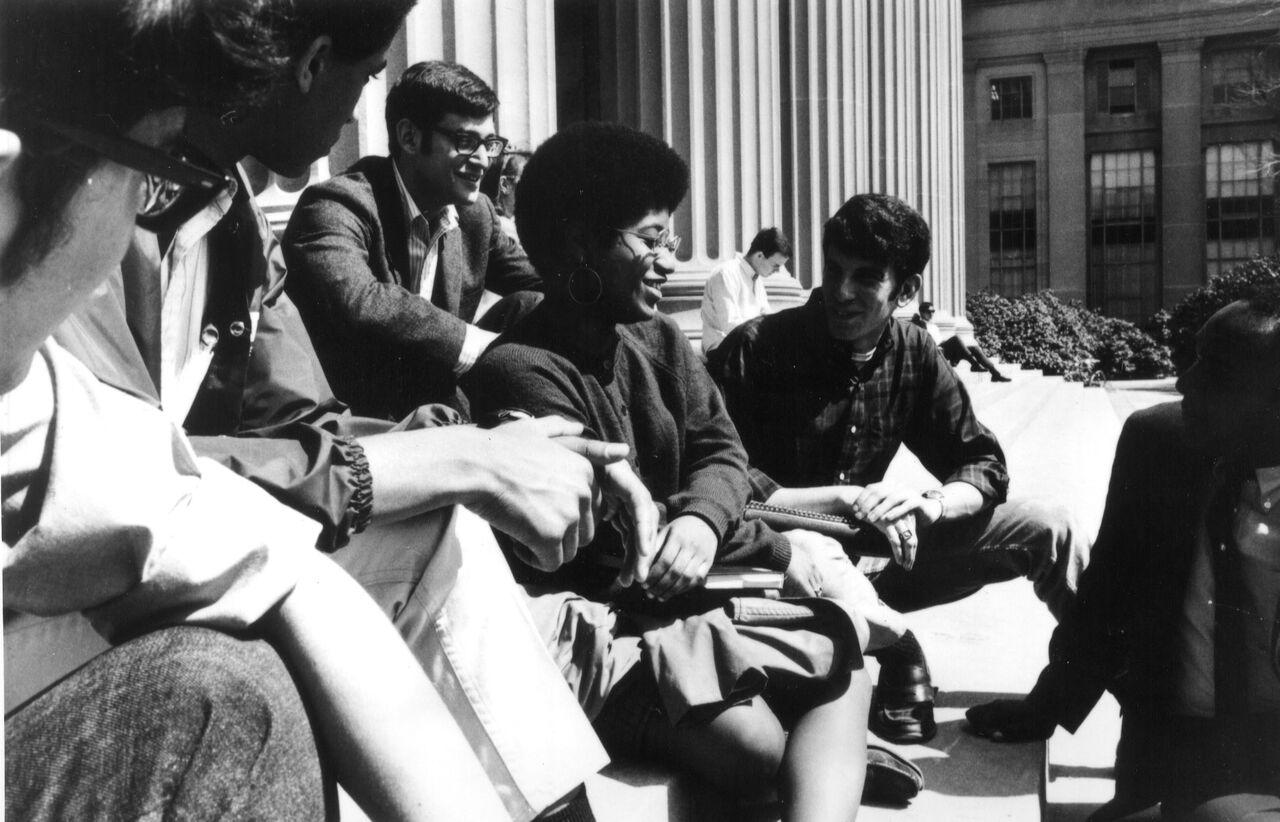Early Life and Education: Shirley Ann Jackson was born on August 5, 1946, in Washington, D.C. Growing up in a supportive and intellectually stimulating environment, she demonstrated a keen interest in science and mathematics from a young age. This passion led her to pursue higher education at the Massachusetts Institute of Technology (MIT), where she earned her bachelor’s degree in Physics in 1968.
Academic Achievements: Jackson continued her academic journey at MIT, obtaining her Ph.D. in Theoretical Elementary Particle Physics in 1973. Her groundbreaking doctoral research set the stage for a career that would blend scientific innovation with leadership and public service.
Career and Contributions: In 1976, Shirley Ann Jackson joined the faculty at Fermi National Accelerator Laboratory, becoming the first African American woman to earn a Ph.D. from MIT and the first to secure a position on the laboratory’s faculty. Her research contributions were instrumental in the understanding of particle physics, particularly in the areas of condensed matter physics, quantum electronics, and optical physics.
Dr. Jackson’s career took a significant turn when she entered the realm of public service. In 1995, she became the 18th president of Rensselaer Polytechnic Institute (RPI), making her the first African American woman to lead a top-ranked research university. Under her guidance, RPI thrived as a hub for technological innovation and interdisciplinary research.
Inventions and Technological Advancements: One of Jackson’s most notable contributions came during her tenure at Bell Laboratories. In the 1970s, she conducted pioneering research that laid the foundation for the development of various technologies, including the portable fax, touch-tone telephone, solar cells, and fiber optic cables.
National Leadership and Advocacy: Shirley Ann Jackson’s impact extended beyond the scientific community. She served on numerous national boards and committees, providing valuable insights on issues related to science, technology, and education. Notably, she became the chair of the U.S. Nuclear Regulatory Commission in 1995, making her the first woman and African American to hold the position.
Her leadership in academia, combined with her commitment to diversity and inclusion, has left an enduring legacy. Jackson’s efforts to increase the representation of women and minorities in STEM fields have inspired countless individuals to pursue careers in science and technology.
Recognition and Honors: Throughout her illustrious career, Shirley Ann Jackson has received numerous honors and awards. These include the National Medal of Science, the highest scientific honor in the United States, awarded to her in 2015 for her groundbreaking contributions to physics and service to the nation.
Personal Life: Shirley Ann Jackson married physicist Morris A. Washington, and the couple has one son, Alan. Her ability to balance a successful career with family life has been an inspiration to many aspiring scientists, particularly women and minorities.
Shirley Ann Jackson’s journey from a curious child in Washington, D.C., to a renowned scientist, leader, and advocate has not only reshaped the landscape of American science but has also paved the way for future generations to reach new heights in academia and innovation.





